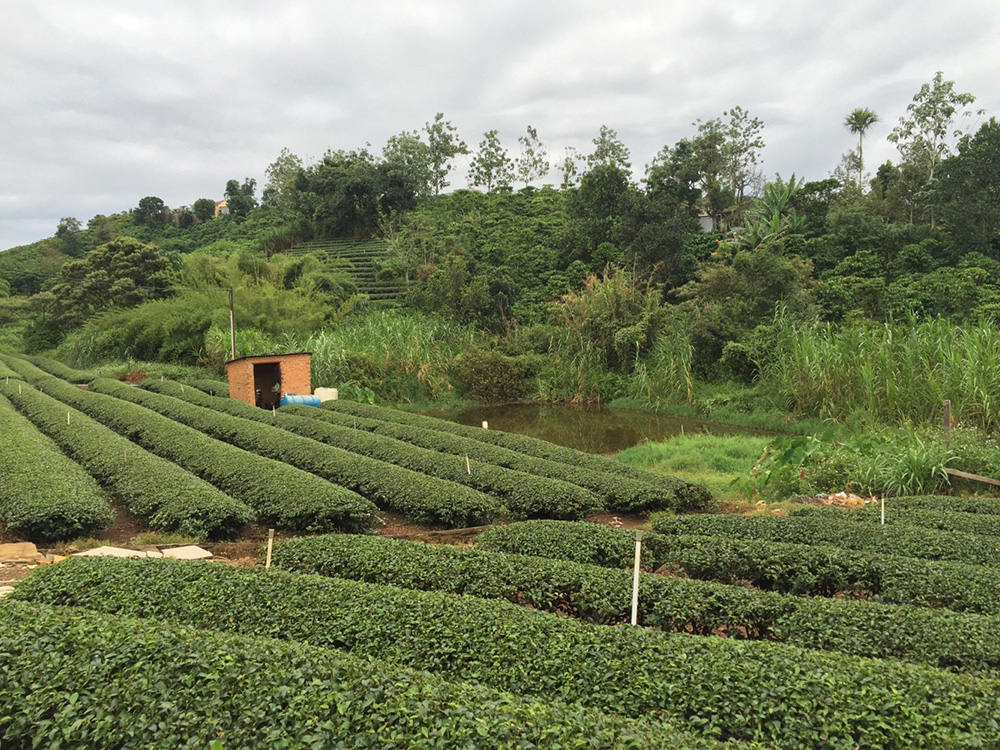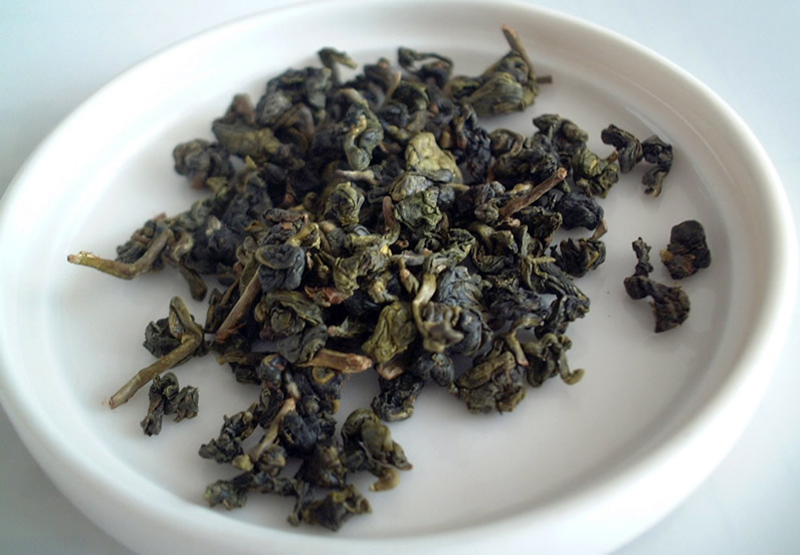
Agriculture in Vietnam is becoming increasingly participating in the trend of globalization. As a host country of foreign agricultural investment, Vietnam society harbors mixed feelings about agricultural corporations, with both expectations and concerns. On the one hand, the country’s financial capacity currently fails to sustain the full development of infrastructure and social welfare, especially in rural areas, and agricultural investment activities are expected to address pressing issues such as providing equal work opportunities, disseminating advanced agricultural knowledge and technology, and improving infrastructure (Porter and Kramer, 2011). On the other hand, the regulatory and legislative framework for such investments is underdeveloped, and there are concerns about the potential threats to food security, human rights, livelihoods, and resource sustainability (UNIDO, 2012).
A distinctive feature of transnational agricultural investment in Vietnam could be characterized by its small-scale nature. First, the unit of production is the smallholder. In addition, it refers to the limited scale of emerging agricultural investment activities. For example, production units based on smallholders in the Central Highlands of Vietnam have contributed nearly half of the world’s coffee raw material sources. In recent decades, there is also a rising trend of high-tech agricultural investment run by foreign capital in the form of micro, small, and medium enterprises (MSMEs). Their target products include alpine vegetables, strawberries, orchids, mushrooms, oolong tea, and others. Amidst limited infrastructural and institutional frameworks in host societies of foreign investment, can these foreign-invested MSMEs serve a greater purpose than just generating economic effects? Could they achieve it spontaneously without any extra effort and input from the official site? We can see a glimpse of the investment activities of oolong tea in the Central Highlands of Vietnam.
Oolong tea enterprises in Vietnam, introduced by Taiwanese investors in the 1990s, serve as a notable instance of foreign-invested MSMEs. Presently, approximately 26 Taiwanese-owned oolong tea enterprises are clustered in the southernmost part of Central Highlands, which are mostly underdeveloped and rely heavily on agricultural income. Typically, these enterprises are small, comprising a self-managed farm that spans about 10 to 15 hectares, as well as a small processing factory. Their entrepreneurs often achieve further expansion of fresh tea procurement through contract farming with locals.

Despite their limited scale, oolong tea enterprises spontaneously practice corporate social responsibility (CSR). They reduce poverty, enrich livelihood diversity, promote equal pay for equal work, and provide non-discriminatory employment opportunities for people of different genders, ages, and ethnicities. Additionally, long-term laborers in oolong tea enterprises receive free accommodation, low-interest loans, and work injury insurance. Some entrepreneurs even allow female laborers to live with their children in factory dormitories, compensating for the lack of welfare facilities in underdeveloped areas. Taiwanese-run oolong tea enterprises have also significantly improved rural infrastructure by repairing roads, improving electricity, and disseminating agricultural technology and knowledge.
The unique production structure and demands of oolong tea enterprises enable the spontaneous implementation of CSR activities. Oolong tea production consists of self-managed MSMEs characterized by limited land acquisition and capital strength, which hinders their expansion capacity. Given that timely processing is imperative, expanding farm scale requires matching equipment expansion, which is a burden for the entrepreneur. Therefore, actively outsourcing tea leaf production to local landowners has been considered a feasible strategy to supplement tea leaf production, as it is easier to achieve than purchasing more equipment from Taiwan. To train locals into qualified fresh tea leaf suppliers, oolong tea enterprises share agricultural knowledge and provide financial and technical support, making them function as farmer associations. Furthermore, commissioned manufacturers are not allowed to expand self-managed farms massively due to the limited consumption scale of the export market. This reduces the pressure on enterprises to acquire land and minimizes the risk of land grabbing.
Meanwhile, oolong tea production combines cultivation and rough processing, resulting in a diverse and substantial labor demand on a daily basis. Enterprises must maintain intensive labor scales to streamline their production processes and meet the refined requirements of each process. The purpose of welfare facilities is to prevent turnover, attract new employees, maintain a smooth production line, and ensure a sufficient and stable workforce size. Consequently, landless and disadvantaged groups can access stable incomes and free shelters.
Investment in transportation and electricity networks is also necessary to facilitate frequent transportation between farms, factories, and harbors, and to maintain the processing equipment’s operations. However, this expense was borne only by the early entrepreneurs. It also enables residents in nearby communes to benefit from a higher level of accessibility and faster access to electricity. Moreover, oolong tea enterprises promote insurance awareness locally by offering health and injury insurance to laborers, though practically only a few laborers succeeded in obtaining it.

The case of the oolong tea industry in Vietnam provides insights into how limited-scale foreign agricultural investment projects can take the initiative in CSR and provide public benefits towards promoting development and gender equality, eradicating poverty and vulnerability, and promoting social welfare for the host society while maintaining profitability, especially in regions with limited infrastructural and institutional frameworks. The production patterns of agribusinesses are critical in determining whether their management strategies are conducive to CSR and generating and sustaining social responsibility. Furthermore, the ability to practice CSR is subject to a number of factors, including the production demands of the agri-product, the production and consumption structure, and participants’ responses.
The experiences gained from this case serve as a temporary solution for enhancing social welfare and promoting economic growth in regions with limited infrastructural and institutional frameworks, by attracting foreign direct investment projects with similar features at a minimal cost. Moreover, they contribute to anticipating the potential impact of foreign MSMEs on the agricultural sector.
Nonetheless, it is vital to acknowledge that relying on most MSMEs to engage in CSR spontaneously and sustainably is unrealistic, particularly in the absence of legal, policy, and institutional frameworks and regulations. Thus, there is a continued need for an improved legal framework to support MSMEs in assuming more of a social role. This approach would promote the long-term success of MSMEs in the region and ensure the sustainability of the public benefits they provide.
Yunxi Wu
Postdoctoral Researcher, Environmental Coexistence
Center for Southeast Asian Studies, Kyoto University
Banner: tea plantations at Moc Chau Farm, Son La Province, Vietnam. Quang Nguyen Vinh, Unsplash
References
Porter, M. E., Kramer, M. R., 2006. The link between competitive advantage and corporate social responsibility. Harvard business review 84, 78-92.
United Nations industrial Development Organization, 2012. Annual Report 2012, Vienna.
